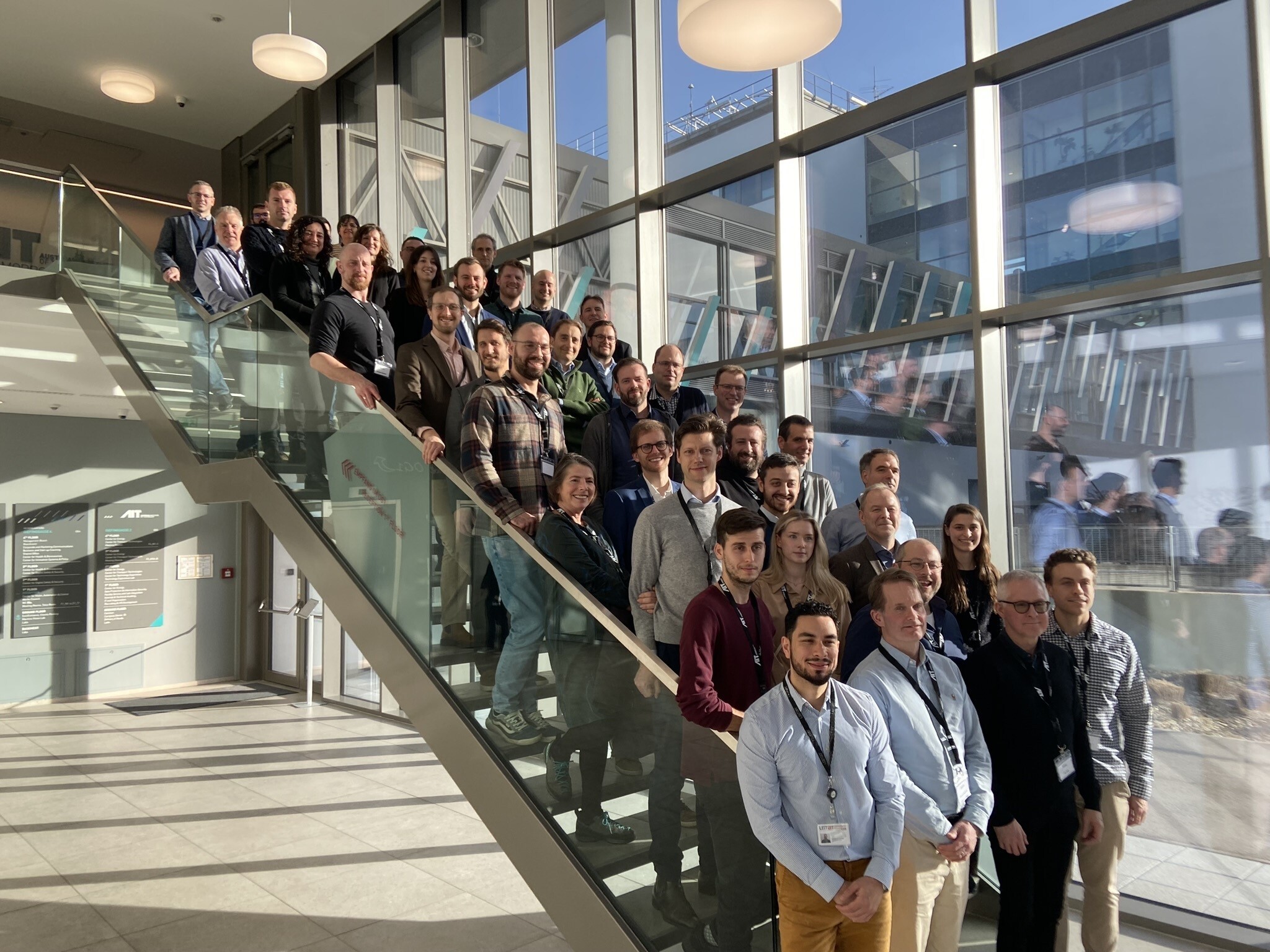Unlocking the potential of circular aluminium economy: The RecAL Project
In the bustling city of Vienna, an ambitious initiative has taken root, heralding a new dawn for sustainable production and reuse of aluminium. The RecAL (Recycling technologies for circular ALuminium) project, funded by HORIZON EUROPE, stands as a beacon of innovation in the quest for a circular economy. Spearheaded by the LKR Leichtmetallkompetenzzentrum Ranshofen, a subsidiary of the AIT Austrian Institute of Technology, this collaborative effort unites 19 partner organisations across nine European nations.

At its core, the RecAL project hopes to develop eccentric recycling technologies and a digital platform, the RecAL Hub. This digital cockpit serves as the nexus for a continent-wide aluminium recycling ecosystem, seamlessly connecting suppliers, buyers, and technology providers. By harnessing the power of digitalisation, RecAL aims to revolutionise the way aluminium recyclates traverse the value chain, fostering a sustainable and efficient paradigm of production and reuse.
The environmental imperative: Recycling aluminium
Aluminium, hailed as a cornerstone in global decarbonisation efforts, holds immense promise for sustainable resource management. Recycling aluminium from end-of-life (EOL) and production waste presents a compelling solution, requiring a mere fraction of the energy consumed in primary material production. Moreover, aluminium's innate recyclability ensures that it can be repurposed endlessly without compromising its structural integrity, making it a linchpin in the journey towards a greener future.
Addressing challenges in aluminium recycling
Yet, the path to a circular aluminium economy is not without obstacles. One of the primary challenges lies in the alloy's intricate composition, rendering traditional separation methods ineffective. The RecAL project confronts this challenge head-on, exploring innovative approaches to alloy design and leveraging digitalisation and robotics for efficient sorting and dismantling. By creating recyclate streams with enhanced purities and reimagining production paradigms, RecAL aims to unlock the full potential of secondary aluminium resources.
Pioneering technological solutions
With a steadfast commitment to innovation, RecAL is propelling forward 14 cutting-edge technological solutions for aluminium recycling, elevating them to technology readiness level 6 (TRL6). These solutions are seamlessly integrated into a dynamic sociotechnical ecosystem, fostering collaboration across the value chain and fostering industrial and technological symbiosis on a grand scale. By harmonising communication and linking energy, resource, and data cycles, RecAL paves the way for a more sustainable and interconnected future.
The project manager Gerald Prantl from the LKR Leichtmetallkompetenzzentrum Ranshofen, implied: “RecAL aims to fully exploit the immense potential of secondary aluminium resources in Europe, revolutionise recycling processes, address key challenges in alloy development and promote sustainable practices.”
As the RecAL project embarks on its journey, the horizon brims with promise and possibility. Through collaborative efforts and a relentless pursuit of innovation, RecAL aims to unleash the full potential of secondary aluminium resources, revolutionise recycling processes, and champion sustainable practices. In doing so, it charts a course towards a more resilient, resource-efficient, and environmentally conscious future.
If you wish to learn more about such excitable initiatives in the entire aluminium value chain, have a look at AL Circle’s free report, Sustainability in the Global Aluminium Sector.
This news is also available on our App 'AlCircle News' Android | iOS















.png/0/0)







